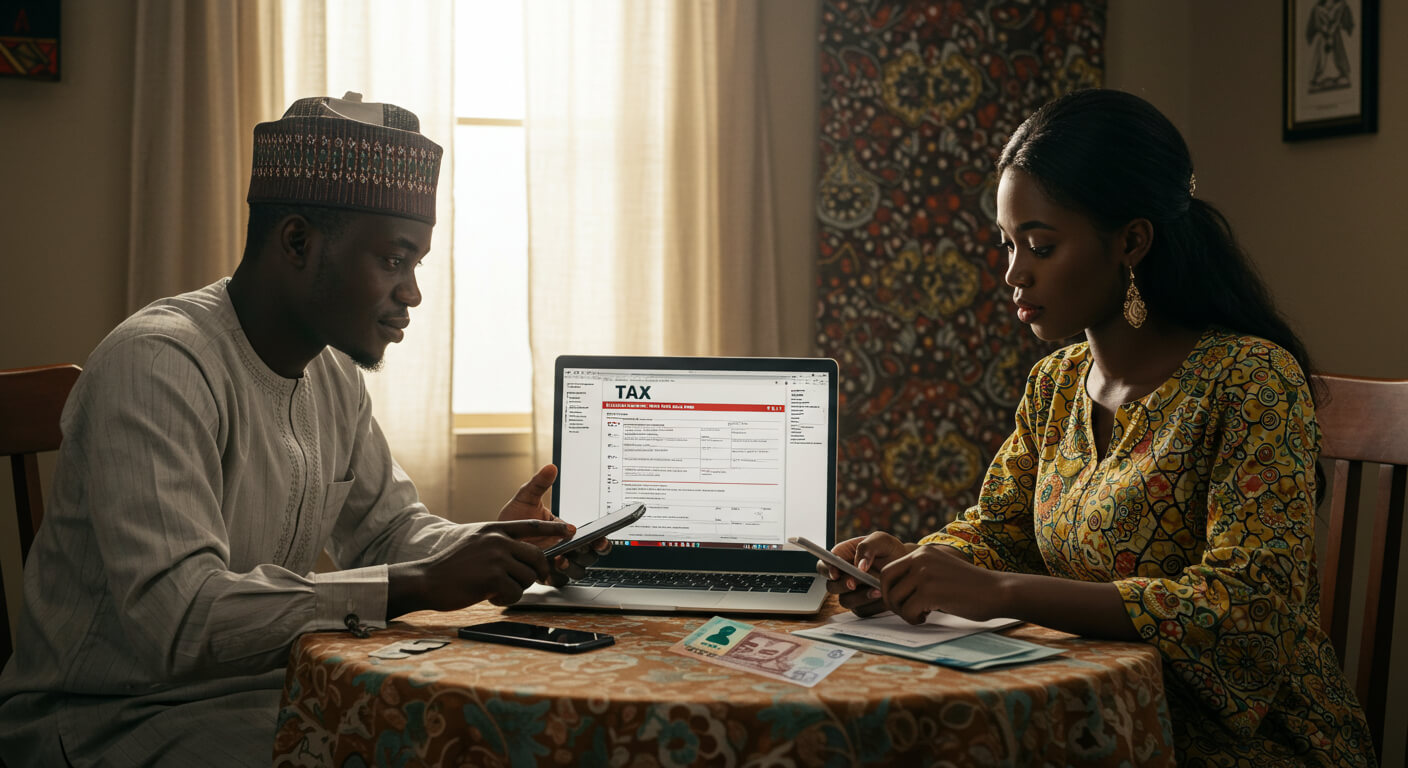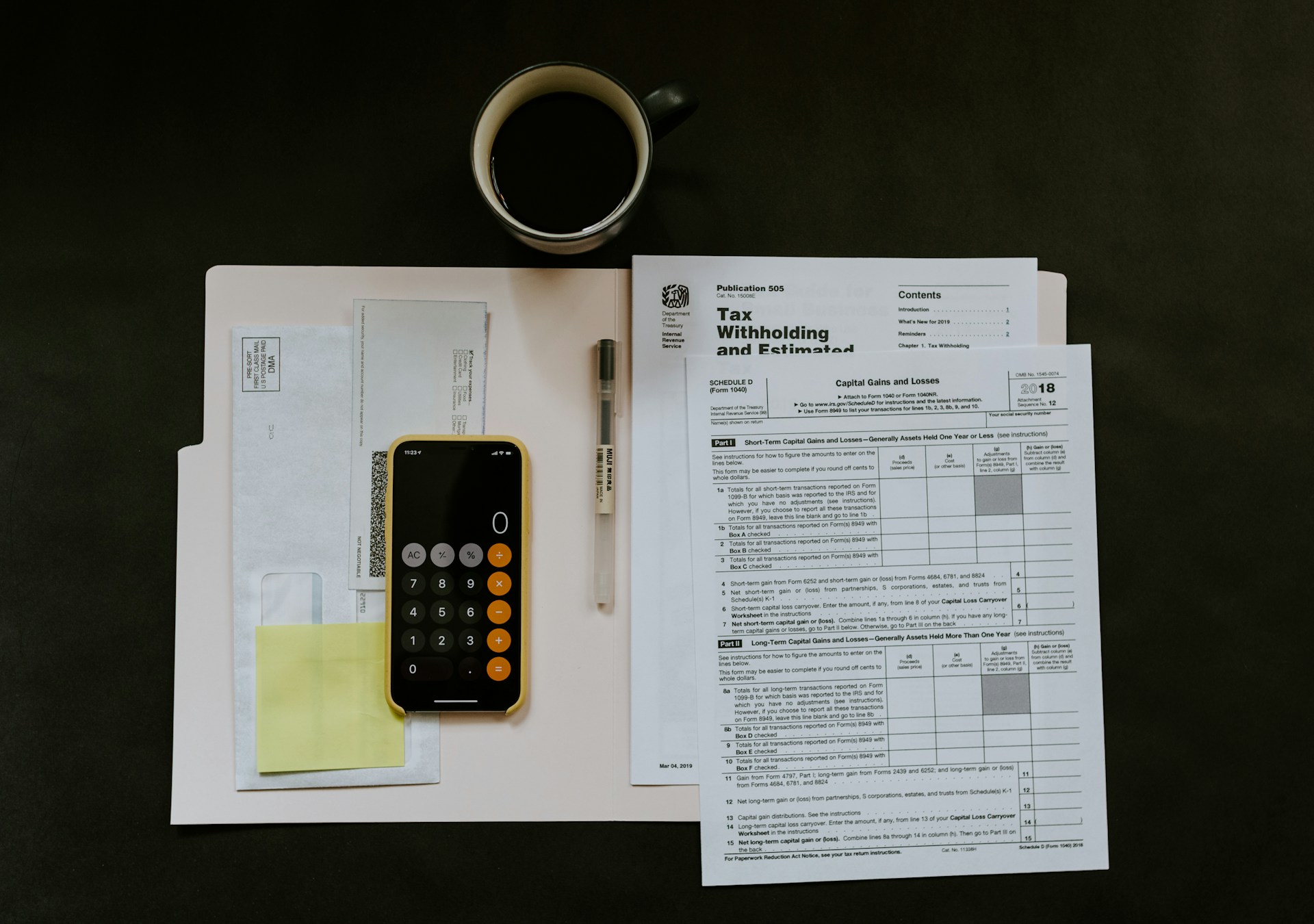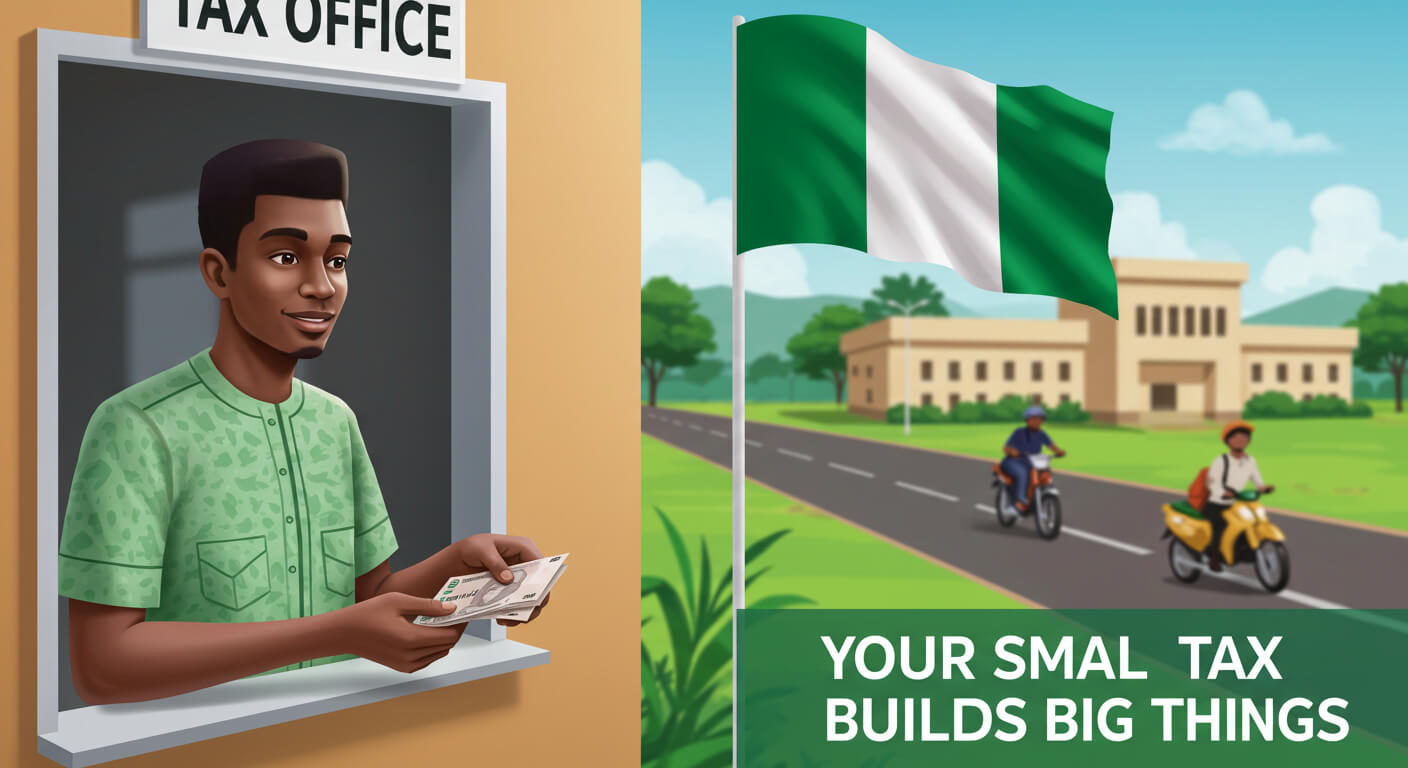Contents
- What Is Personal Income Tax?
- Who Is Required to Pay Personal Income Tax?
- PAYE vs. Self-Assessment
- How is Personal Income Tax Calculated?
- What Is the ₦250,000 Exemption Rule?
- What the 2026 Household Tax Law Means for You
- What Happens If You Don’t Pay?
- How to File Personal Income Tax (Without an Accountant
- FAQ
- Real-Life Examples
- Final Thoughts
- Sources
If you live or earn in Nigeria, personal income tax is something you need to understand. Whether you’re a salary earner, freelancer, artisan, or trader, the Nigerian government expects you to pay your fair share. With the new Household Tax Law kicking off in January 2026, it’s now more important than ever to know how it affects you.
This guide explains everything you need to know about personal income tax in Nigeria in clear, simple terms.
What Is Personal Income Tax?
Personal income tax (PIT) is a tax that individuals pay on the money they earn. It is collected by the government to fund public services—things like roads, education, healthcare, and security.
You pay personal income tax based on your earnings, minus any approved deductions or exemptions.
Who Is Required to Pay Personal Income Tax?
Under Nigerian law, every individual who earns an income is expected to pay PIT. This includes:
- Salary earners (even if your company already deducts it)
- Freelancers and remote workers
- Small business owners
- Artisans (e.g., tailors, hairdressers, mechanics)
- Gig workers (e.g., Bolt or Uber drivers, POS agents, delivery riders)
- Informal traders and online sellers
- Nigerians in the diaspora earning income in Nigeria
PAYE vs. Self-Assessment
There are two main ways to pay personal income tax in Nigeria:
1. PAYE (Pay-As-You-Earn)
This applies if you work for a company. Your employer deducts your tax monthly and remits it directly to the tax authority on your behalf.
2. Self-Assessment
If you’re self-employed or run a small business, you calculate and pay your tax yourself—usually once a year. This is where platforms like TaxNet help.
How is Personal Income Tax Calculated?
The Federal Inland Revenue Service (FIRS) and state tax boards use a graduated system. That means the more you earn, the more tax you pay.
Here’s a simplified breakdown:
| Annual Income Range | Tax Rate |
|---|---|
| First ₦300,000 | 7% |
| Next ₦300,000 | 11% |
| Next ₦500,000 | 15% |
| Next ₦500,000 | 19% |
| Next ₦1,600,000 | 21% |
| Above ₦3.2 million | 24% |
You also get some deductions like:
- Consolidated Relief Allowance (CRA): ₦200,000 or 1% of your income, whichever is higher
- Pension contributions
- NHF, NHIS contributions
- Voluntary donations to approved charities
✅ Use the TaxNet smart calculator to estimate your personal tax automatically, no math needed.
What Is the ₦250,000 Exemption Rule?
Starting January 2026, the new Household Tax Reform exempts anyone earning below ₦250,000/month (₦3,000,000/year) from paying personal income tax.
If you earn ₦250,000/month or more, you must file and pay tax—even if you’re self-employed.
What the 2026 Household Tax Law Means for You
This reform targets inclusive taxation. The government wants everyone who earns above a threshold to contribute, including informal workers who’ve never filed taxes before.
It means:
- Bolt drivers, POS agents, and vendors must register and file
- Remote tech workers earning in USD or GBP are now accountable
- Government will track compliance using BVN, NIN, and digital platforms
This is not just for civil servants anymore—everyone counts.
What Happens If You Don’t Pay?
Refusing to pay taxes when you’re eligible can lead to:
- Penalties and interest on unpaid taxes
- Trouble accessing loans or grants
- Inability to bid for government jobs or contracts
- Legal action from tax authorities
- Blocking of bank accounts in some cases
How to File Personal Income Tax (Without an Accountant
You no longer need to queue at a tax office or hire an expensive consultant.
With TaxNet, you can:
- Calculate your tax using smart rules
- Track your income and expenses
- File your returns step-by-step
- Pay using Paystack, Remita, or transfer
- Download your tax clearance certificate—right from your phone
FAQ
Q: Do I need to pay if I earn less than ₦250k/month?
A: No. As of the 2026 reform, you’re exempt if your monthly income is below ₦250,000.
Q: What if I’m a freelancer?
A: You must file. Freelancers are self-employed and required to use the self-assessment method.
Q: Can I file tax from my phone?
A: Yes. Platforms like TaxNet let you calculate, file, and pay directly from your phone.
Real-Life Examples
- A tailor in Ibadan earning ₦300,000/month now needs to file and pay about ₦15,000/year
- A Bolt driver in Lagos who earns ₦500,000/month can now file using a tailored income template
- A remote developer earning $2,000/month from the US must declare and file in Naira equivalent
All of these can be done through TaxNet in less than 15 minutes.
Final Thoughts
Tax isn’t just about the government it’s about building a better country. Paying your fair share means better roads, schools, and hospitals. With the 2026 reform, Nigeria is moving toward a more transparent system where everyone contributes.
And now, there’s no excuse. You can understand it. You can do it. You can own it.
Join the Taxnet waitlist to get a simple tool that You can use for your filing your Taxes



